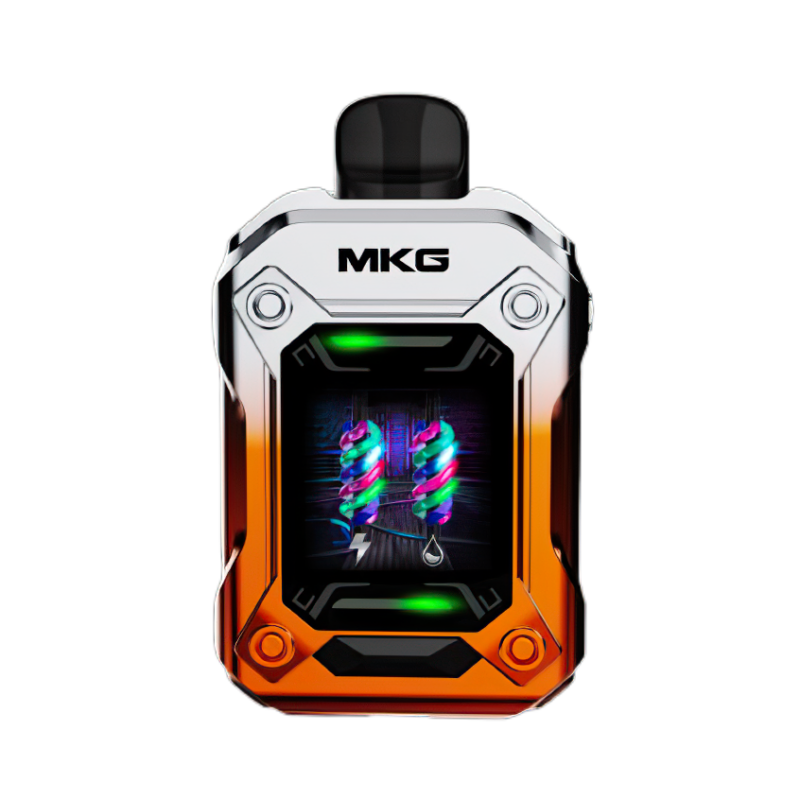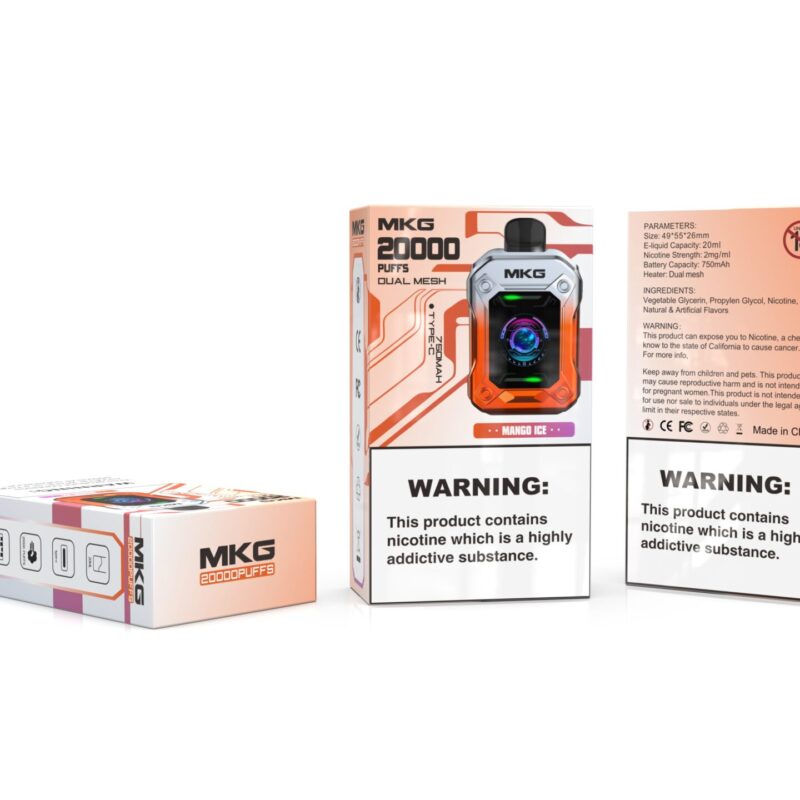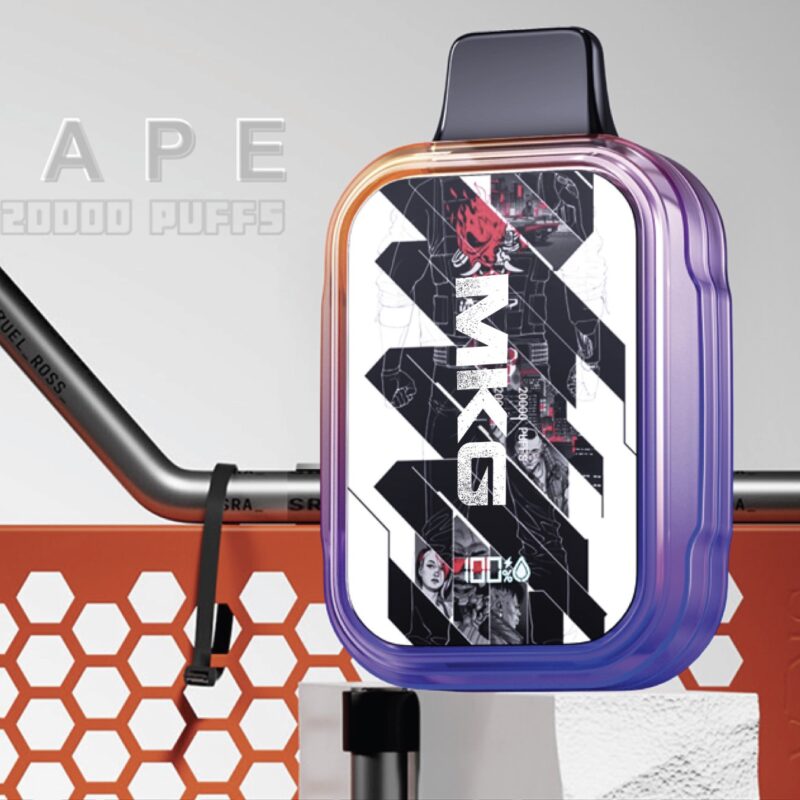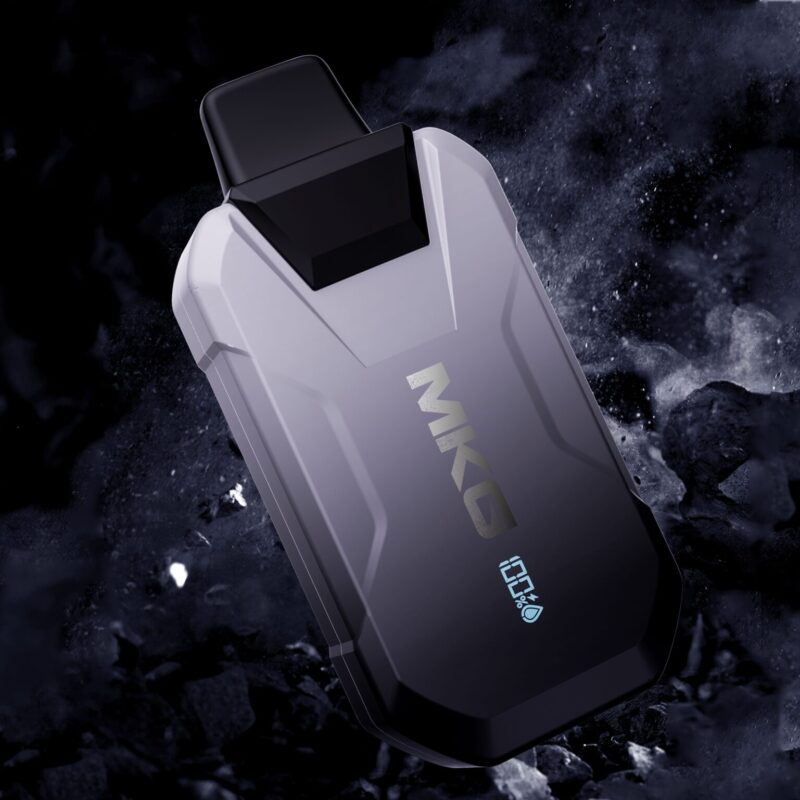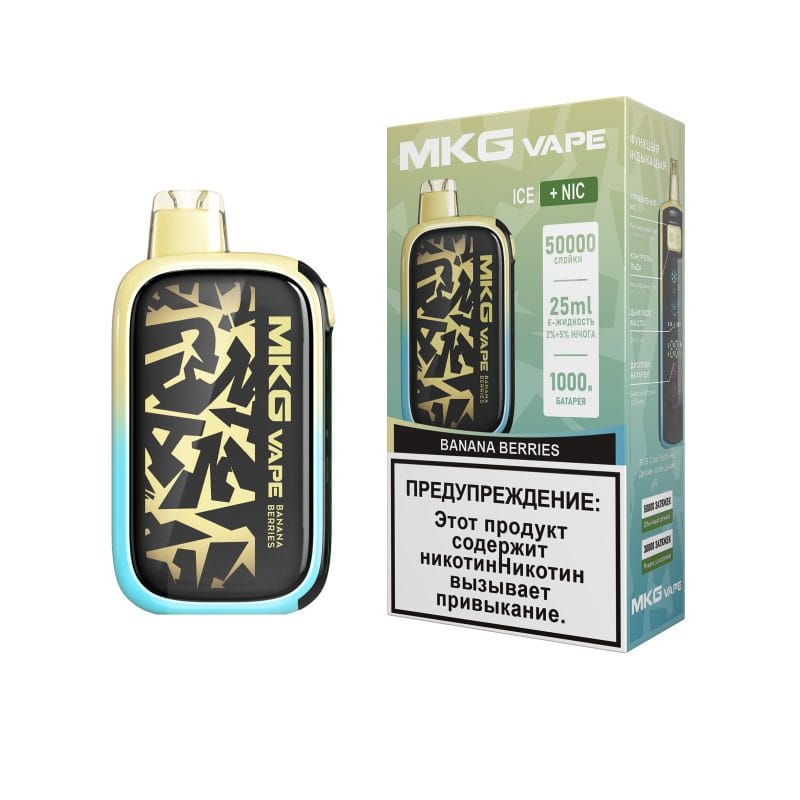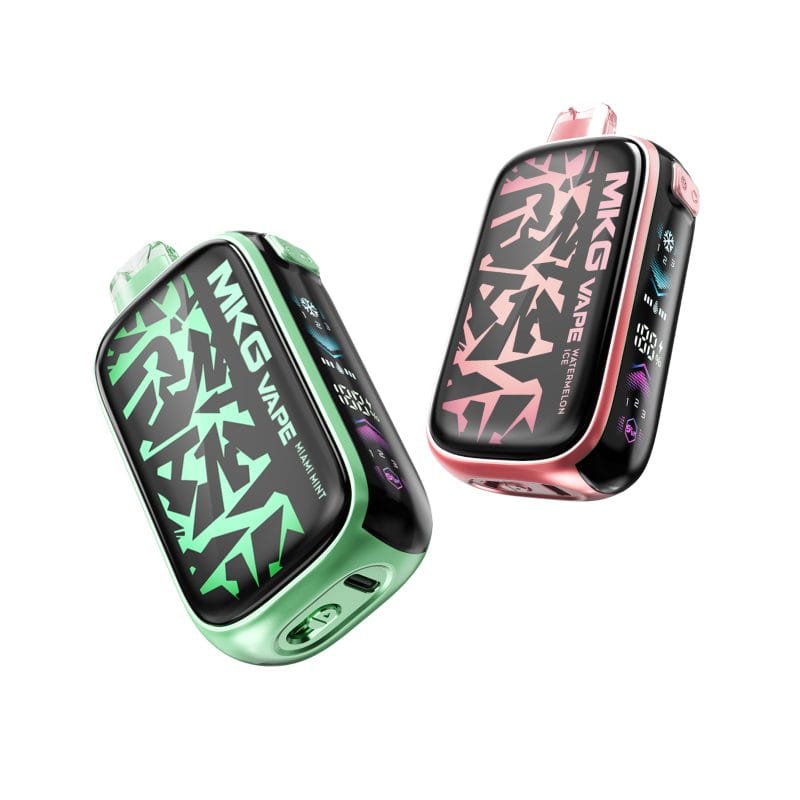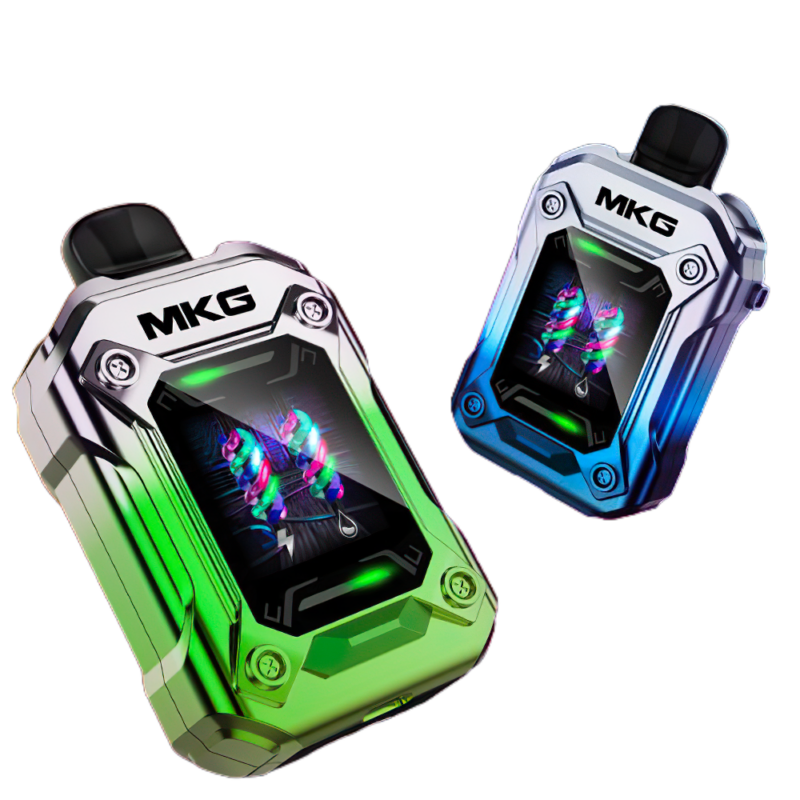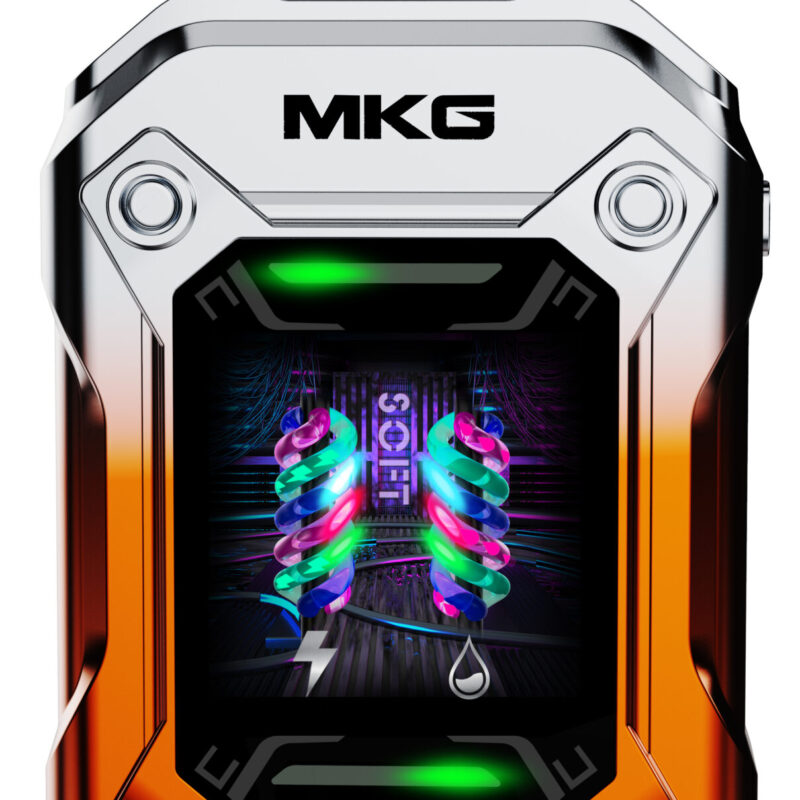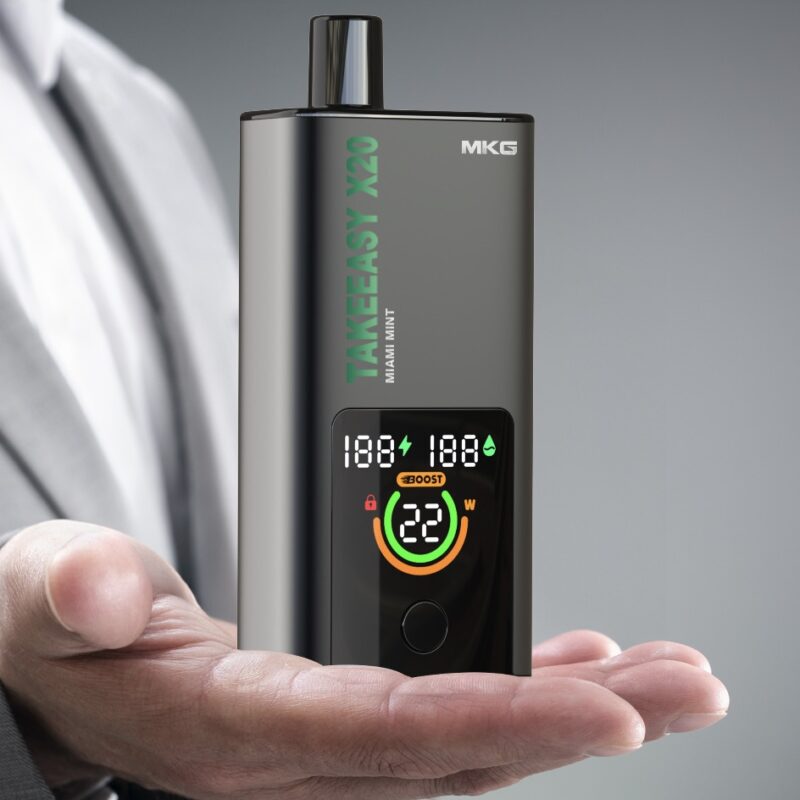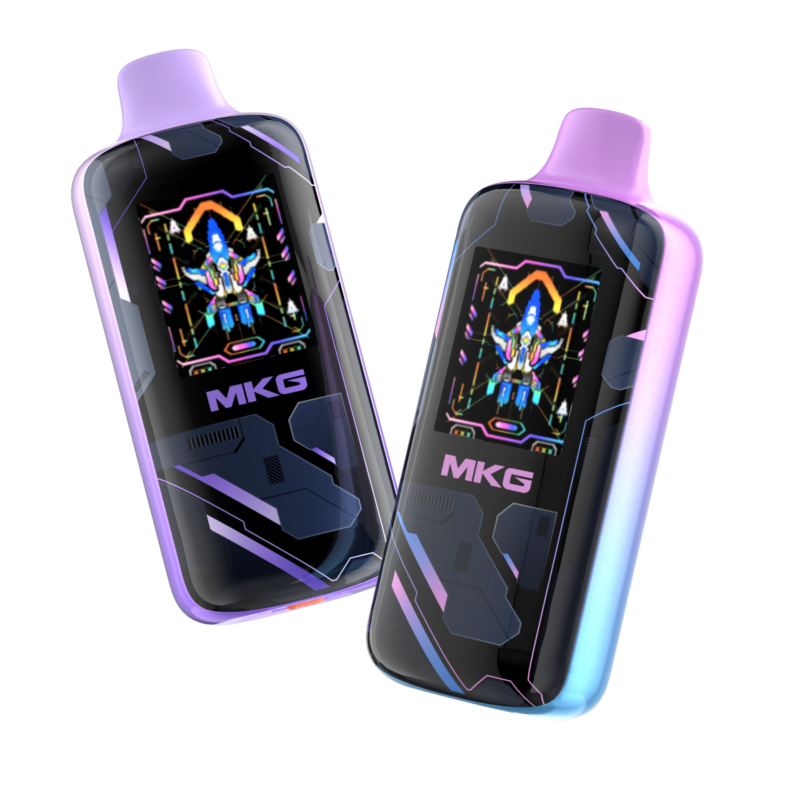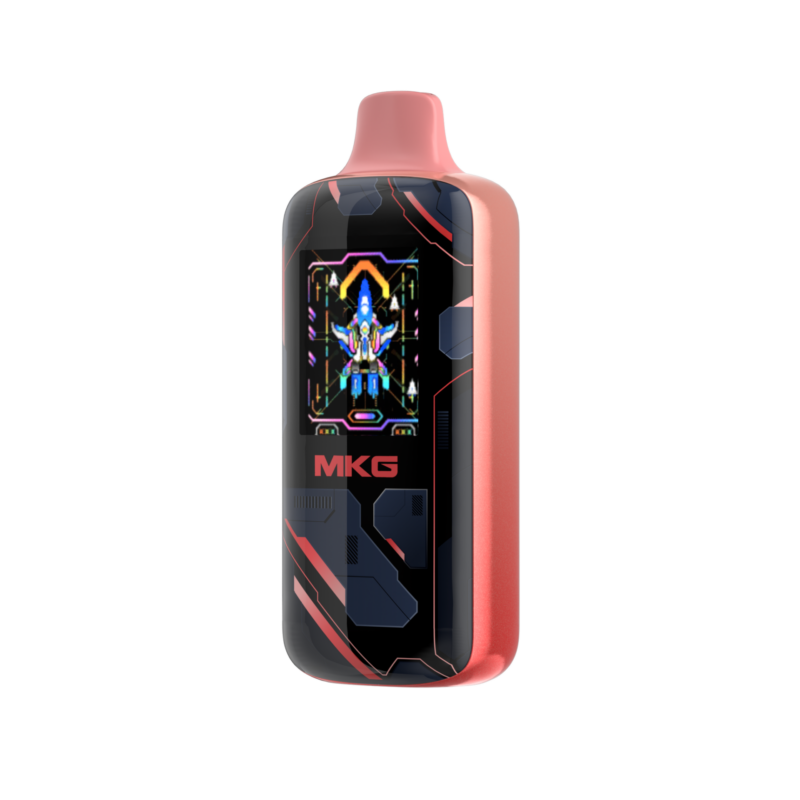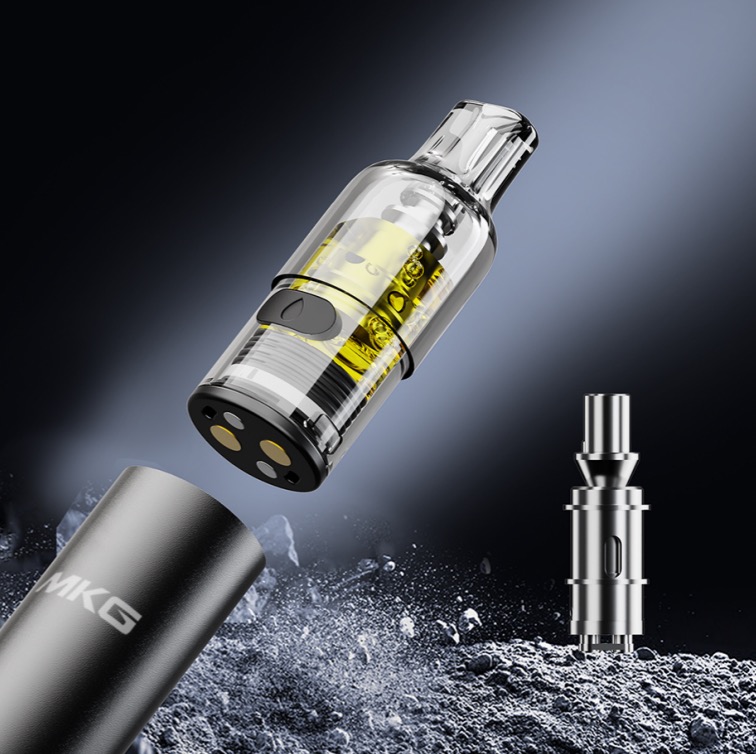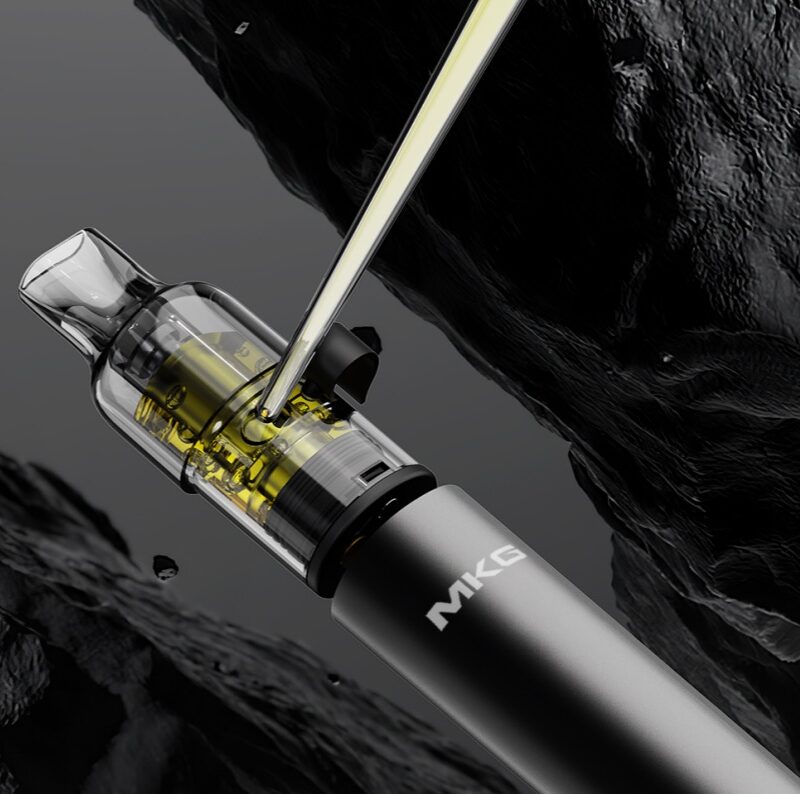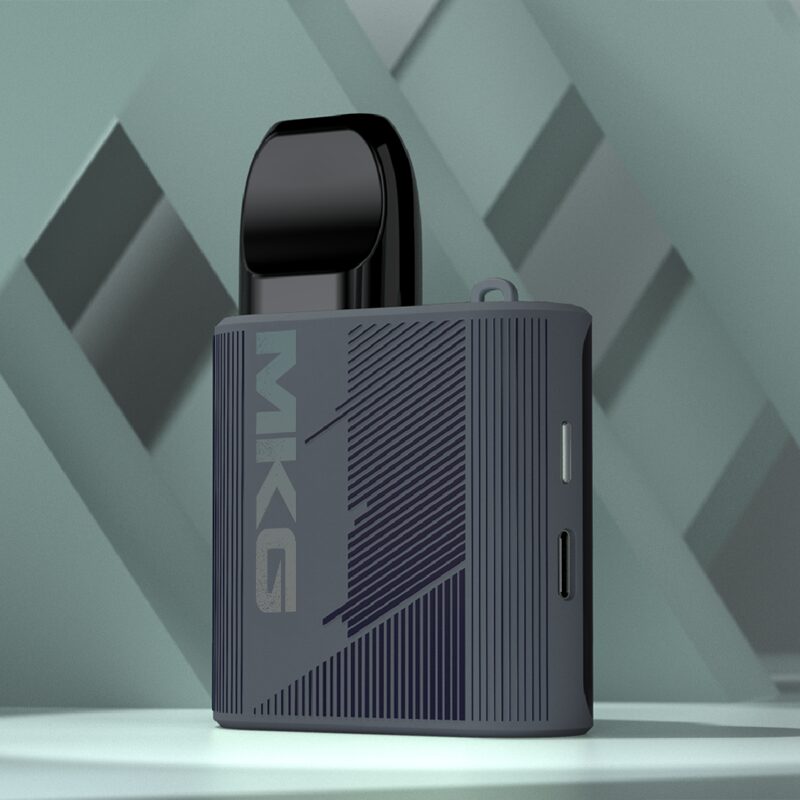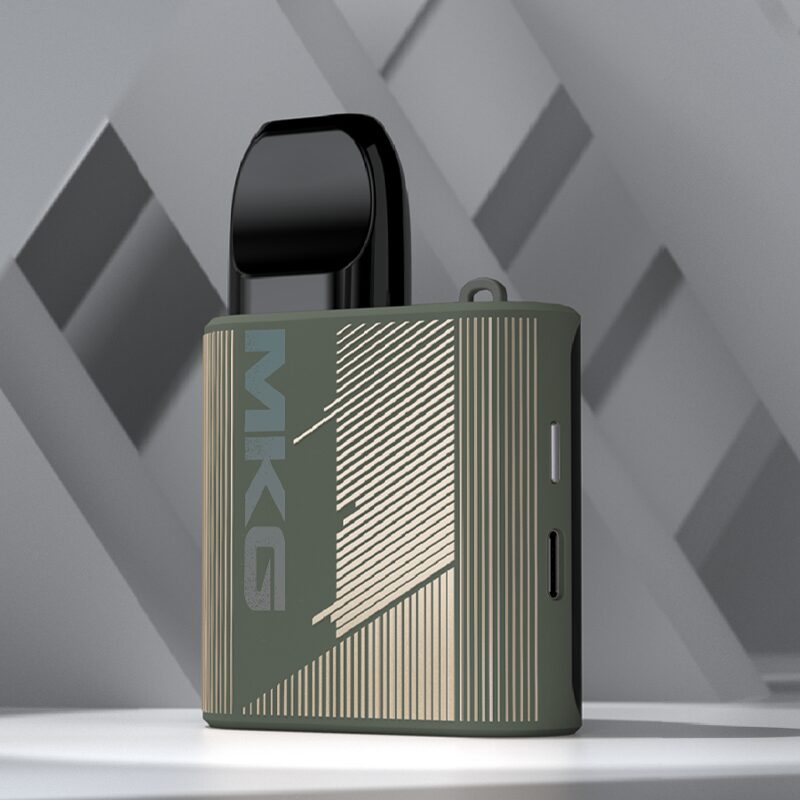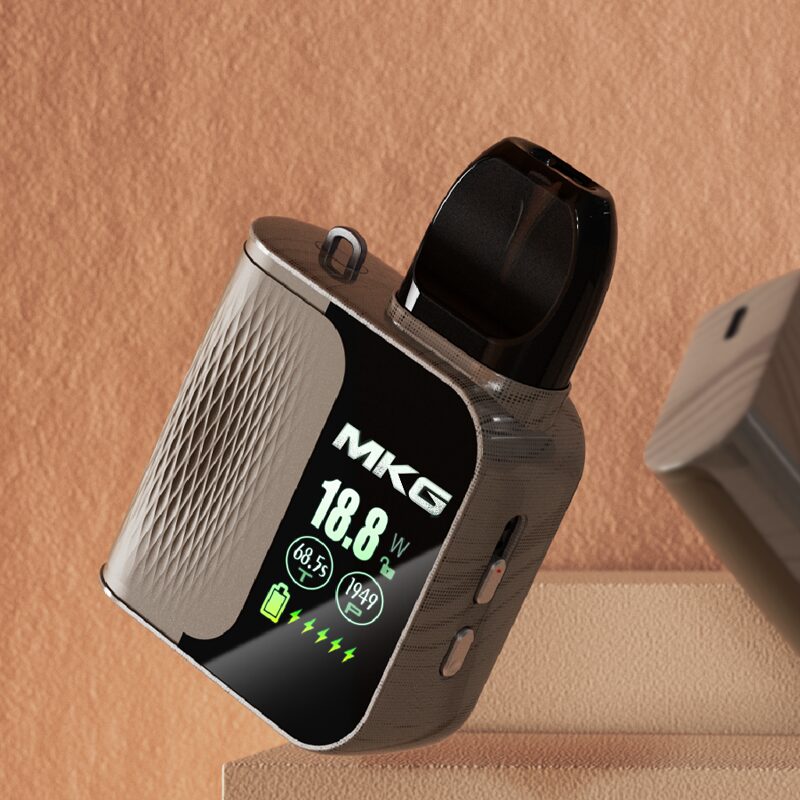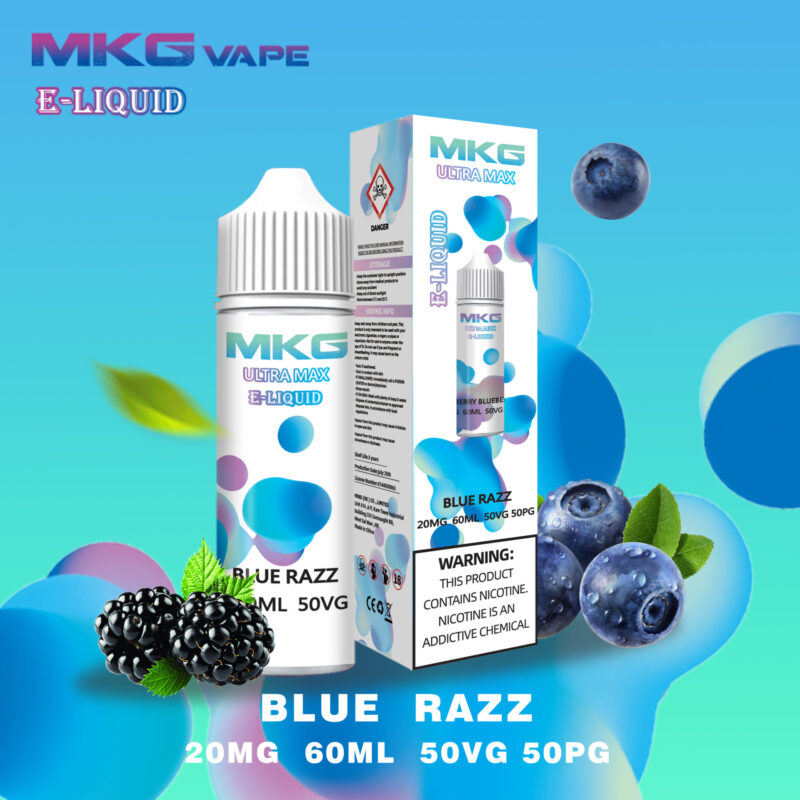Government attitudes towards e-cigarettes
The big reveal about vaping regulations around the world: Government attitudes towards e-cigarettes and nicotine vary from country to country. In the UK, government health agencies have largely encouraged people to use e-cigarettes. With smoking placing a huge burden on the UK’s National Health Service, the country could potentially save lives and healthcare costs if smokers switched to e-cigarettes.
Many other countries have allowed regulated e-cigarette markets but have been conservative about the approach. In the United States, the Food and Drug Administration (FDA) has been responsible for regulating vapor products since 2016, but has refused to develop a unified standard system for e-cigarettes and e-liquids. In recent years, some U.S. states have implemented bans on flavors and online sales. Canada, which at one time partially followed the British model, has also recently implemented limits on nicotine content and extreme flavors.
More than 40 countries around the world have implemented some form of ban on e-cigarettes, which may involve possession and use, sale or import, or a combination of the above. We have attempted here to list flavor and online sales bans in each state in the United States, as well as sales and use bans in place in other countries.
US ban on flavored e-cigarettes and online sales
The U.S. Food and Drug Administration (FDA) has federal authority to regulate e-cigarette products. Starting in September 2020, the agency began reviewing premarket tobacco applications (PMTAs) and has stated that it will not authorize flavored products unless extraordinary evidence is provided. Whether the agency succeeds in setting a standard that eliminates legal flavored products (except tobacco and menthol) will likely be decided by a federal court.
Most U.S. e-cigarette bans are implemented at the state and local levels. Most U.S. vaping restrictions involve flavors and online sales, although some cities in California, notably San Francisco, have banned the sale of all vaping products. While many e-cigarette ban bills have been introduced in statehouses in recent years, few flavor and online sales bans have been implemented, suggesting that civil opposition can stop bad legislation.
Arkansas – Online Sales Ban Tobacco licenses issued in Arkansas allow for face-to-face transactions only, therefore online sales are prohibited.
CALIFORNIA – Brick-and-mortar flavor sales ban California now bans the sale in brick-and-mortar stores of e-cigarette products other than tobacco flavors, whether containing nicotine or not. The state’s laws do not ban online sales, but some local regulations are stricter.
California voters passed the ban on November 8, 2022. The ban is currently facing court litigation, but on December 12, the U.S. Supreme Court rejected an application for an injunction to suspend the implementation of the new law until the outcome of the lawsuit.
Georgia – Online Sales Ban Georgia only allows e-cigarette products to be sold in brick-and-mortar retail stores, thus banning online sales.
Hawaii – Ban on out-of-state online sales Effective July 1, 2023, Hawaii will ban the sale of e-cigarette products shipped from out-of-state to the state unless the sale is to a licensed retailer.
Maine – No Online Sales Online sales are prohibited in Maine unless both parties to the sale have licenses.
Massachusetts – Flavor Ban Massachusetts passed a statewide flavor ban in late 2019. The ban covers all tobacco products and prohibits the sale of all e-cigarette flavors except tobacco flavours.
New Jersey – Flavor Ban New Jersey’s ban covers all flavors except tobacco flavors. Lawmakers decided not to ban menthol-flavored cigarettes after realizing how much tax revenue the state would lose. The governor signed the flavor ban and increased taxes on e-cigarette products but vetoed an additional 20 mg/mL nicotine content limit.
New York State – Flavor Ban + Online Sales Ban New York State passed a ban covering all flavors except tobacco flavors in April 2020. The state also implemented a ban on online sales of all vaping products.
Oregon – Online Sales Prohibited Oregon prohibits online sales unless both parties to the sale have licenses.
Rhode Island – Flavor Ban In March 2020, then-Governor Gina Raimondo bypassed the state Legislature and used the health department to permanently ban the sale of all e-cigarette flavors except tobacco flavors.
South Dakota – Ban Online Sales South Dakota bans the mail-in sale of all tobacco products, including e-cigarettes.
Utah – Online Sales Prohibited Online sales are prohibited in Utah unless both parties to the sale have licenses.
Vermont – Online Sales Prohibited Vermont prohibits online sales unless both parties to the sale have licenses.
Some major cities with flavor bans include Chicago, Illinois; Los Angeles, California (which will go into effect in 2023), San Diego, Sacramento, Oakland, and San Jose; and Boulder, Colorado. Hundreds of smaller cities and counties — mostly in California — have implemented flavor bans, and some larger cities have had their bans replaced by state-level bans (such as New York City and Newark, New Jersey).
San Francisco and some smaller California cities have implemented outright bans on the sale of vaping products.
Countries that ban the sale or use of e-cigarette products
In some countries, e-cigarette sales and possession are completely illegal. This prohibition is most common in Asia, the Middle East, and South America. Australia has a special prescription model for e-cigarettes, and unauthorized imports can result in hefty fines. Nicotine e-cigarette products are illegal in Japan, but heated tobacco products such as IQOS are completely legal and widely used.
Some countries have a complete ban on the use and sale of e-cigarettes, others only ban the sale, and still others only ban the sale of nicotine-containing products. In many countries, the law is ignored, allowing the black market to flourish. In other countries, although the law is enforced, the black market still exists. If a country is not listed, then e-cigarettes are either allowed and regulated, or there are no specific legal provisions governing e-cigarettes (as of now).
Antigua and Barbuda: Legal to use, illegal to sell.
Argentina: Legal to use, illegal to sell.
Australia: Nicotine is legal to use and illegal to possess without a doctor’s prescription. Illegal importation of nicotine can result in fines of up to $222,000. Penalties for nicotine possession vary from state to state, but can be quite severe.
Bangladesh: There are currently no specific e-cigarette laws or regulations. However, in 2021, the government announced that it would update the country’s tobacco control law and completely ban the sale of e-cigarettes.
Bhutan: Legal to use, illegal to sell.
Brazil: Legal to use, illegal to sell.
Brunei: Legal to use, illegal to sell.
Cambodia: Use prohibited and sale illegal.
Chile: Legal to use, illegal to sell (except for approved medical products).
Colombia: Legal to use, illegal to sell (although the ban is widely ignored).
Timor-Leste: Believed to be banned.
Egypt: Legal to use, illegal to sell — although the country may be on the verge of regulating e-cigarette products.
Ethiopia: Believed to be legal for use and illegal for sale.
Gambia: Believed to be illegal for use and illegal for sale.
Ghana: Legal to use, illegal to sell (unless prescribed by a doctor).
Hong Kong, China: Legal to use, illegal to sell since 2022
India: Legal to use, illegal to sell. In September 2019, the Indian central government banned the sale of e-cigarette products. The government is well aware that 100 million Indians smoke and that.
tobacco kills nearly 1 million people every year, but it has done nothing to reduce access to cigarettes. Unfortunately, the Indian government owns a large stake in the country’s largest tobacco company.
Iran: Believed to be legal for use and illegal for sale.
Jamaica: Legal for use and illegal for sale of nicotine-containing products without a medical license.
Japan: Legal to use, legal to sell devices and zero-nicotine e-liquids, but illegal to sell nicotine-containing liquids (although individuals can import nicotine-containing products with certain restrictions). Heated tobacco products such as IQOS are legal and extremely popular.
Kuwait: Believed to be legal for use and illegal for sale.
Laos: Illegal to use and illegal to sell.
Lebanon: Legal to use, illegal to sell.
Macau, China: May be legal for use, illegal for sale. A law was implemented on December 5, 2022 that prohibits the manufacture, distribution, sale, import, export, and entry and exit of all e-cigarette products into Macau. While personal use may be technically legal, there appears to be no way to obtain the product without violating import or shipping bans.
Malaysia: Legal to use, illegal to sell nicotine-containing products. Although it is illegal for consumers to sell nicotine-containing products, Malaysia has a booming e-cigarette market. Authorities occasionally raided retailers and confiscated products. In states such as Johor, Kedah, Kelantan, Penang and Terengganu, the sale of all e-cigarette products, even those that do not contain nicotine, is banned outright.
Mauritius: Legal for use, illegal for sale.
Mexico: Believed to be legal for use and illegal for sale. In May 2022, the President of Mexico issued a decree banning the sale of all e-cigarettes and heated tobacco products. The law includes nicotine-free products.
Several manufacturers – including Philip Morris International and British American Tobacco – and suppliers have challenged the government’s position in court, making individual complaints and obtaining favorable rulings. Unfortunately, these “protection trials” only apply to specific complainants and their decisions cannot be broadly applied to all sellers. According to Mexican e-cigarette advocate Roberto Sussman, this protective litigation process will be very difficult and expensive for small businesses.
Myanmar: Believed to be banned.
Nepal: Legal to use, probably illegal to sell (although the government itself seems unsure).
Nicaragua: Believed to be illegal for use and illegal for sale.
North Korea: Banned.
Oman: Believed to be legal for use and illegal for sale.
Palau: Banned: Unlawful to use, unlawful to sell (as of May 29, 2023).
Panama: Legal to use, illegal to sell
Qatar: Banned: Illegal to use, illegal to sell.
Seychelles: Legal for use, illegal for sale. However, the country announced its intention to legalize and regulate e-cigarettes in 2019.
Singapore: Prohibited: Unlawful to use, unlawful to sell. Since 2018, possession of e-cigarettes is a crime punishable by fines and even jail time. However, the threat of prosecution has not stopped a thriving black market.
Sri Lanka: Legal to use, illegal to sell.
Suriname: Legal to use, illegal to sell.
Syria: Banned: Illegal to use, illegal to sell.
Taiwan, China: Passed a law banning the sale and use of e-cigarettes on January 12, 2023. The law will take effect within 30 days of the government’s announcement – likely in February.
Thailand: Believed to be legal for use and illegal for sale. Thailand has enforced its ban on the import and sale of e-cigarette products with a number of major incidents, including multiple detentions and even deportations of tourists caught using e-cigarettes in recent years.
Timor-Leste: Legal to use, illegal to sell.
Türkiye: Legal to use, illegal to import. The import of vaping products is illegal in Turkey, and when the country reiterated its ban in 2017, the World Health Organization issued a press release praising the move. But there are conflicting laws in Turkey, where there is a market and community for e-cigarettes.
Turkmenistan: Believed to be legal for use and illegal for sale.
Uganda: Legal to use, illegal to sell.
United States: Legal to use, legal to sell—but as of September 9, 2021, products sold without FDA authorization have become technically illegal. Although no state directly bans the sale of vaping products, many states ban the sale of flavored products or sell them online. Some California cities, notably San Francisco, have banned all e-cigarette sales.
Uruguay: Legal for use, illegal for sale.
Vatican City: Believed to have been banned.
Venezuela: In August 2023, the Venezuelan Minister of Health banned the sale of all e-cigarettes and heated tobacco products after President Maduro ordered the minister to evaluate the ban on the sale and personal use of e-cigarettes and heated tobacco products.


